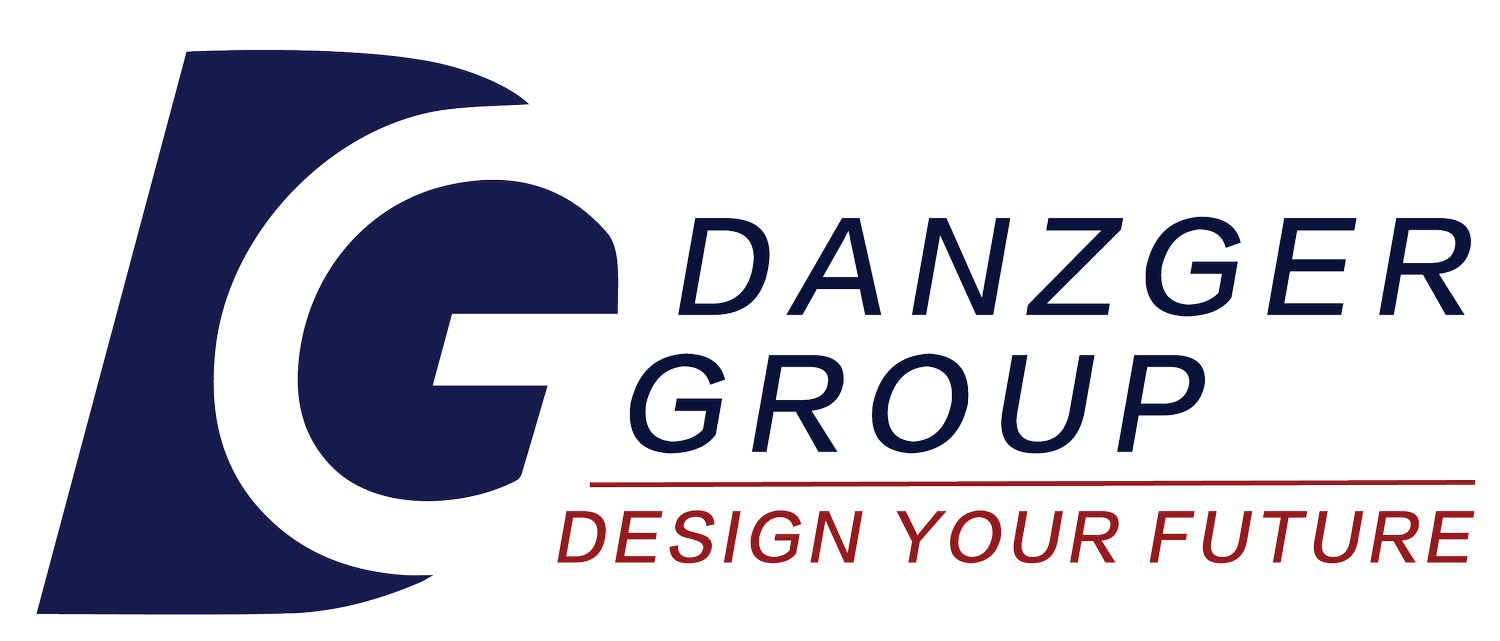Five Key Ways to Set Yourself Up for Success in a New Job
I help my clients engage in job search and also prepare them for their new roles. I want them to succeed both personally and professionally.
When starting a new role, there are several critical areas to consider. These recommendations apply at any stage in your career.
1. Get to know your manager’s preferred communication style and work tempo. Some people are text people. Some are Slack people. Some like email. Some prefer a “pick up the phone” approach. Quickly figure this out -- it is OK to ask. That being said, be mindful that the preferred medium isn’t necessarily appropriate in all situations. Some things are acceptable in writing; some conversations are better had verbally. Consider the proper medium, and remember that what you put in writing has an infinite lifespan.
Better to overcommunicate than undercommunicate. Many managers like to receive a quick status update to know that something has been accomplished. No manager wants you to sit on bad news.
Pay attention to expectations around response time. This varies by company or even department. It is also important to understand what are viewed as the day’s core working hours. No one is expected to be on 24 hours a day. Create some boundaries to make sure you have balance in your life.
2. Get lots of feedback. While important any time during someone’s tenure in a position, it’s essential to get feedback early on in a new job. It’s about understanding your effectiveness in the role and the organization. It’s easier to course correct early on than let things build up over time and try to fix them later. Feedback can come through casual conversation or by scheduling dedicated time. Scheduling time allows your manager to reflect on your performance and consult colleagues. Company cultures vary in their approaches to employee feedback. Old school annual reviews are often being replaced by more consistent, regular feedback.
3. Get to know others in the organization. While your day to day function may have you working with a limited set of people, take the opportunity to get to know others in the organization. You’ll find that you’ll be more effective in your regular work since you’ll better understand the company’s business. It will also allow you to learn about other areas and roles that you might want to explore.
4. Go above and beyond. In the workplace, there’s no syllabus or rubrics to consult to measure your effectiveness. While you need to get the essentials of your job done, you will be recognized if you go above and beyond your primary responsibilities. Get to know clients and keep notes on your conversations to record their needs, preferences, and interests. When engaging with clients, try to identify potential issues. Is the client dissatisfied with something? Is there a cross-selling opportunity? The most effective employees are always thinking about ways to add value.
5. Discover your organization’s resources and development opportunities. Great companies focus on employee growth and development. This can come in many forms. Some firms may be more structured, running internal courses. Others may reimburse employees for external programs. They may pay for preparation and testing for particular industry credentials. Take advantage of these benefits! Beyond classic training classes, you may learn and develop simply by attending seminars, lunch-and-learns, and other opportunities led by fellow employees and outside guests.
Get off on the right foot in your new position by keeping these suggestions in mind. You’ll be glad you did. Congratulations, and enjoy the journey!
I offer individualized career coaching and advising (remote and in-person) along with text, email, and phone support to help job seekers succeed. I've hired more than 100 people and interviewed over 500 candidates. I've worked at large global companies like Morgan Stanley and a company that is now part of Bank of America Private Bank and founded/worked at six startups. I welcome you to contact me and join my mailing list and receive my free guide, "Top 5 Young Adult Job Search Myths."

